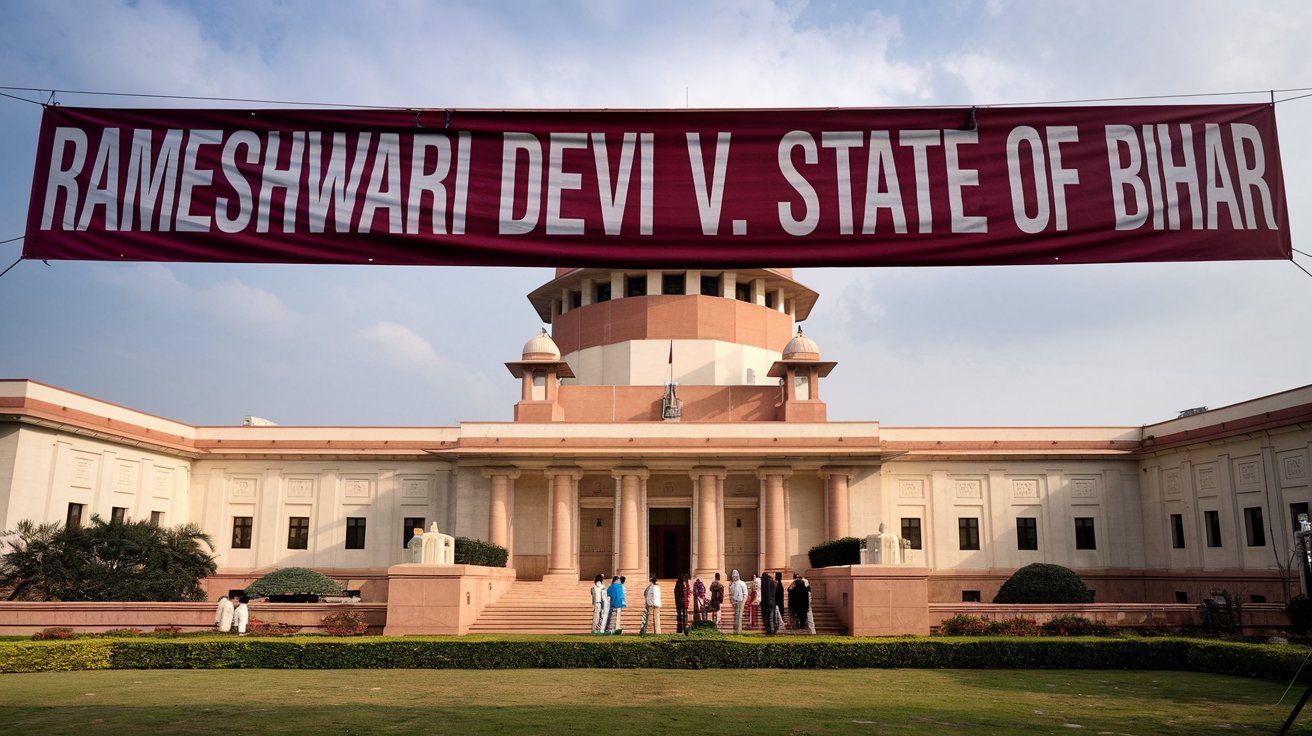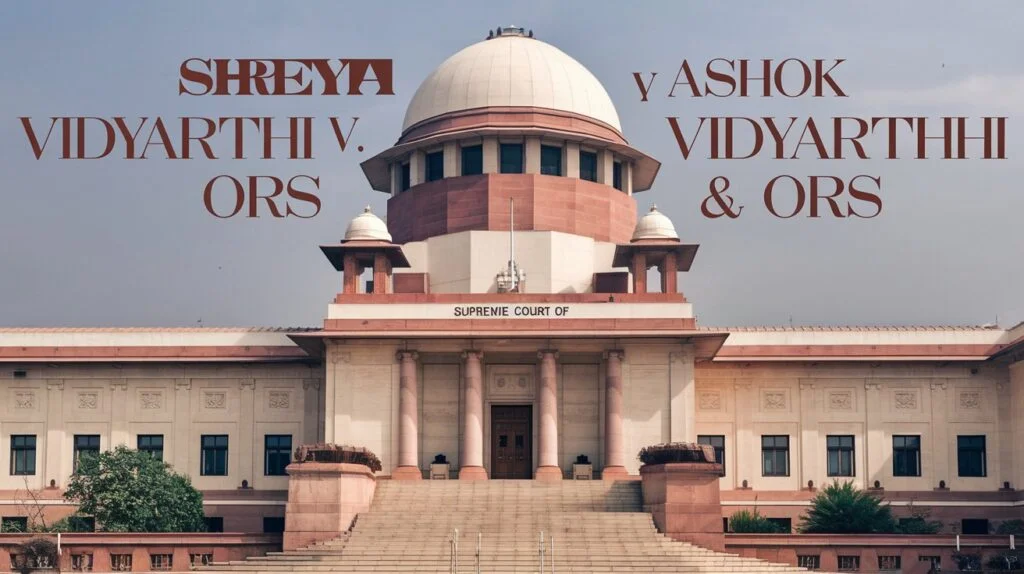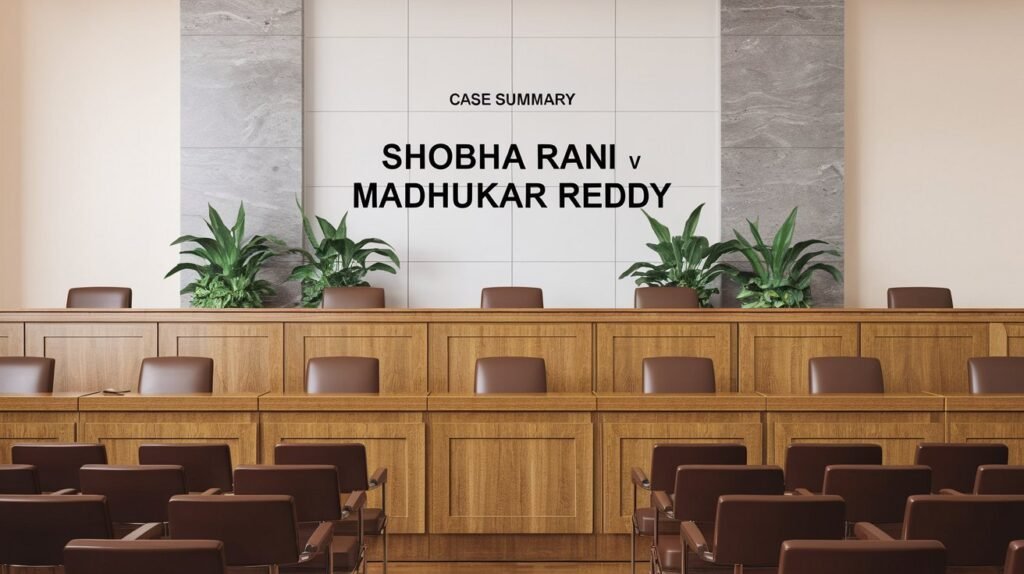Rameshwari Devi v. State of Bihar AIR 2000 SC 735 (Case Summary)

In this landmark case, the Supreme Court of India the Supreme Court of India addressed the issue of entitlement to family pension and other death benefits when a government servant is survived by two claimants—the first wife and the children from a second, void marriage. The Court clarified the rights of children born from a void marriage under Section 16 of the Hindu Marriage Act, 1955.The ruling brought clarity to the interpretation of Sections 16 and 21 of the Hindu Marriage Act, 1955, which deals with the legitimacy of children born from void marriages.
Table of Contents
ToggleFacts of Rameshwari Devi v State of Bihar
- Rameshwari Devi, the first wife of Narian Lal, challenged the family pension and other benefits to the children of his second wife, Yogmaya Devi.
- Narain Lal had married Yogmaya Devi in 1963, while still married to Rameshwari Devi. They had four sons.
- Rameshwari Devi claimed that the marriage between Narain Lal and Yogmaya Devi was void under the Hindu Marriage Act, 1955, and the children born from this void marriage had no claim to the pension and other service benefits.
- The State of Bihar had initially awarded benefits solely to Rameshwari Devi but later included Yogmaya’s children based on the decision of the High Court.
Issues framed
- Whether children born from a void marriage are entitled to inherit the father’s property under Section 16 of the Hindu Marriage Act, 1955?
- Whether Yogmaya Devi, as the second wife, has any legal entitlement to the pension and other service benefits of Narain Lal?
Subordinate Court Judgment
The trial court recognized the legitimacy of the children born to Yogmaya Devi and awarded them a share in the family pension. The Patna High Court upheld the trial court’s ruling, affirming that the children from the void marriage were legitimate for the purpose of inheritance and had a rightful claim to Narain Lal’s family pension and death benefits. The case was then brought before the Supreme Court.
Judgment of Rameshwari Devi v State of Bihar
The Supreme Court interpreted Section 16 of the Hindu Marriage Act, 1955, which legitimizes children born from void or voidable marriages, and Section 21 of the Hindu Succession Act, 1956, which deals with inheritance rights.
The Supreme Court held that while the marriage between Yogmaya Devi and the deceased was void, the children born from that marriage were legitimate under Section 16 of the Hindu Marriage Act. The Court ruled that the children were entitled to inherit their father’s property, including his service benefits. However, the second wife, Yogmaya Devi, did not have any legal right to claim a share of the pension or other service benefits.
The Supreme Court granted the children the right to inherit the property of their deceased father, including his service benefits, despite the void nature of the marriage. The court upheld the High Court’s directive that the minor children of Yogmaya Devi share equally in the family pension and gratuity along with Rameshwari Devi and her son, until the minor’s reached adulthood.The Court emphasized the welfare of children and ruled that their rights should not be affected by the invalidity of their parents’ marriage. However, the claim of Yogmaya Devi, the second wife, was rejected.





